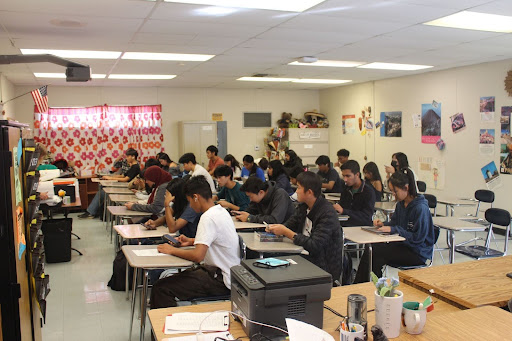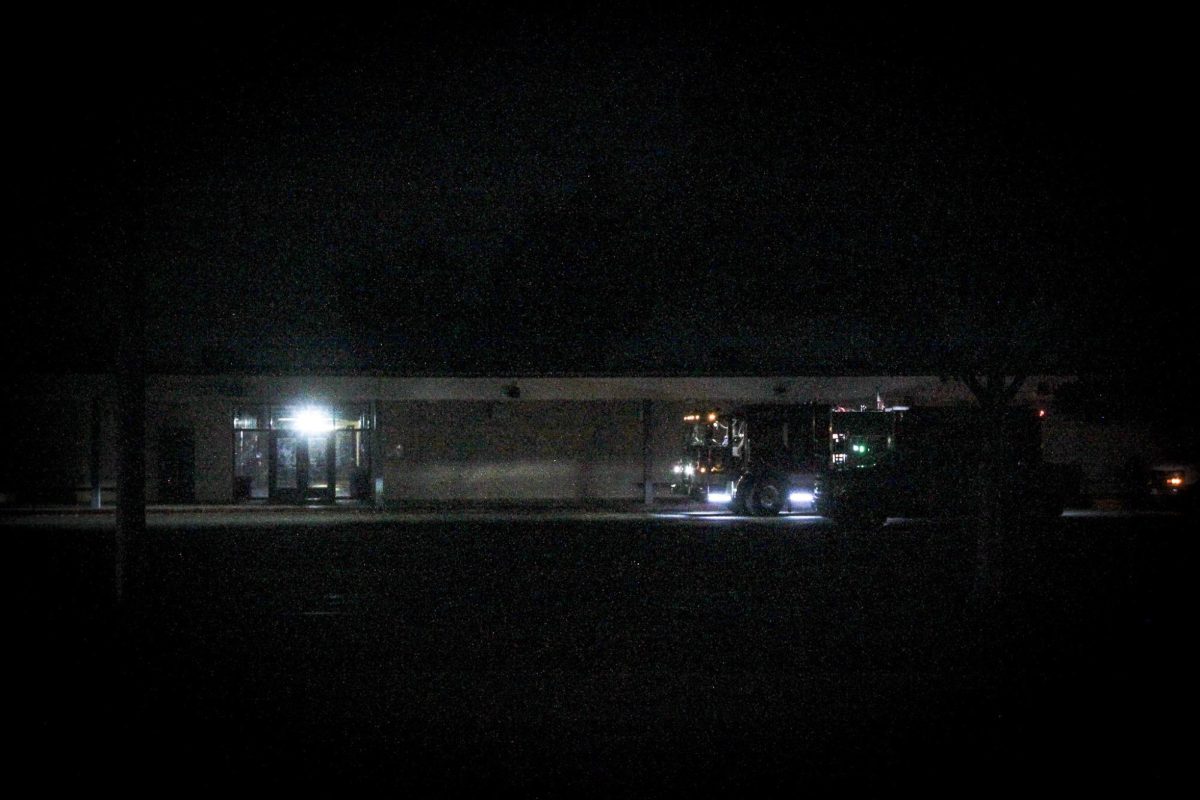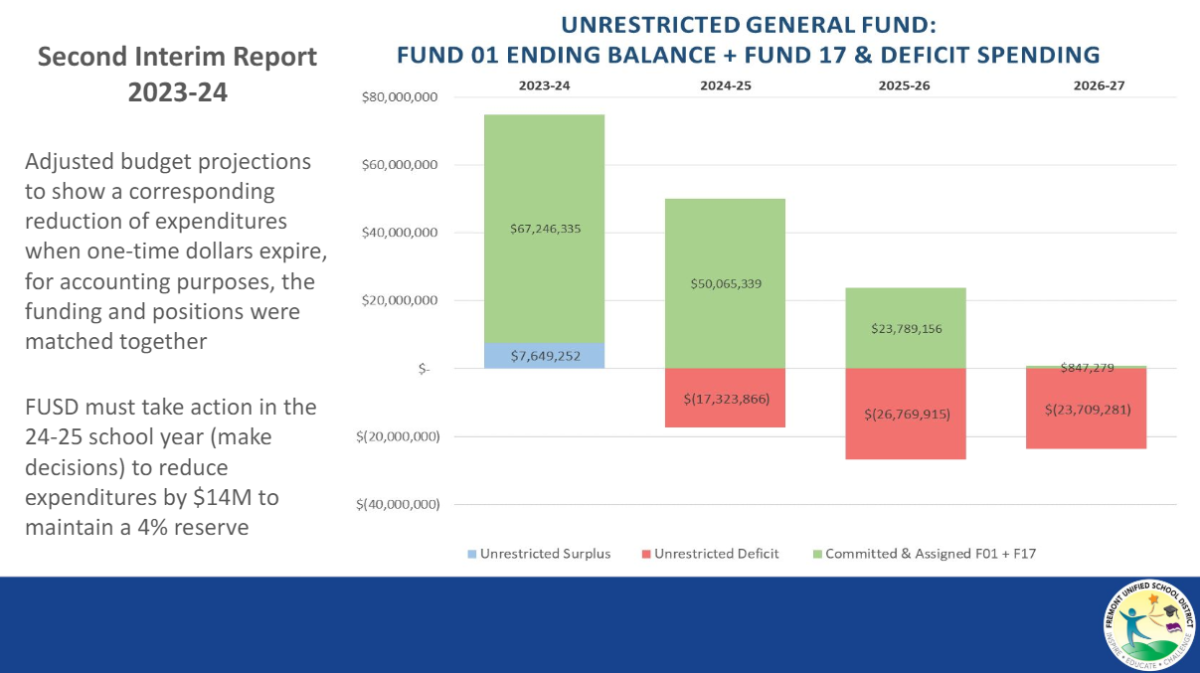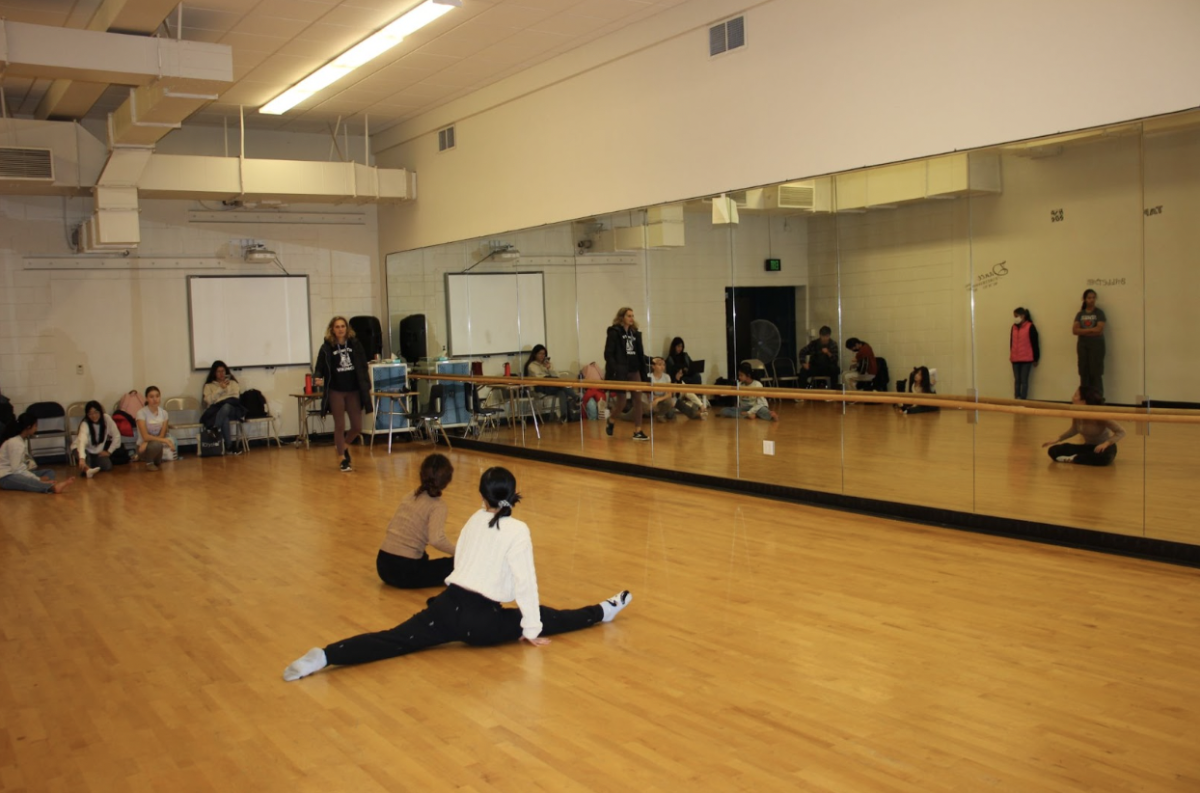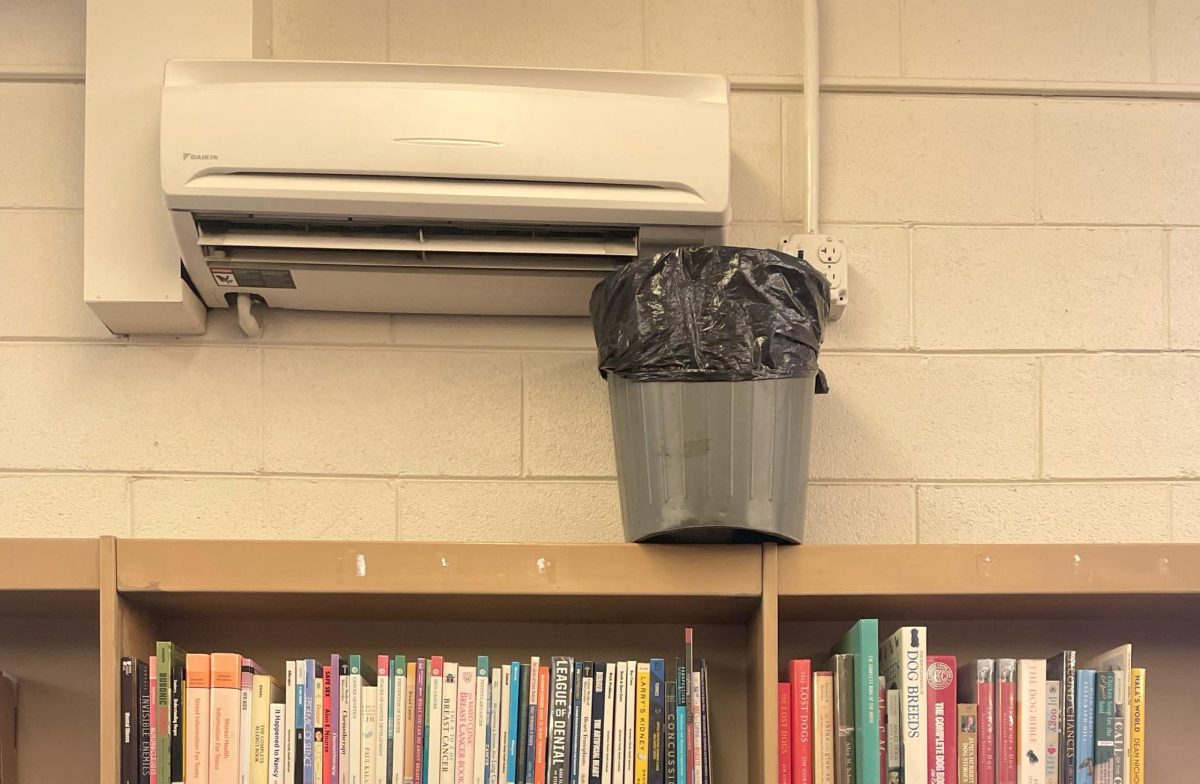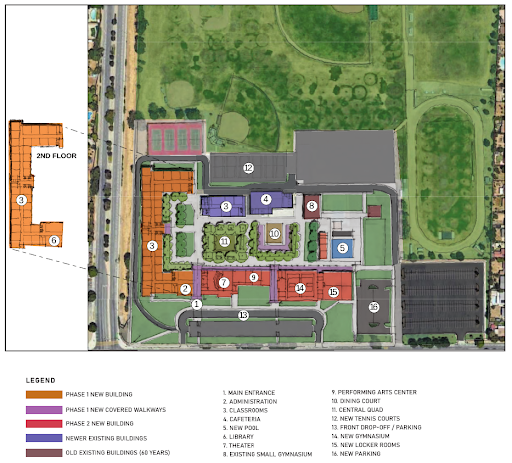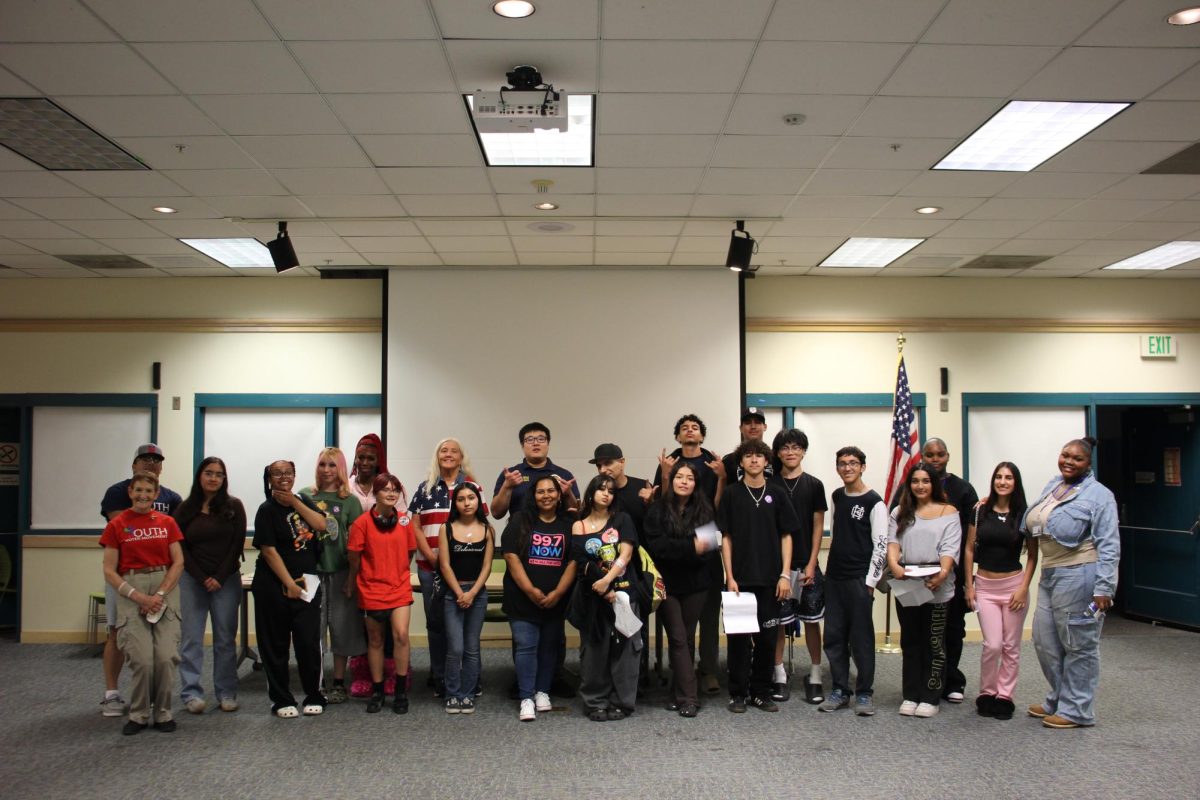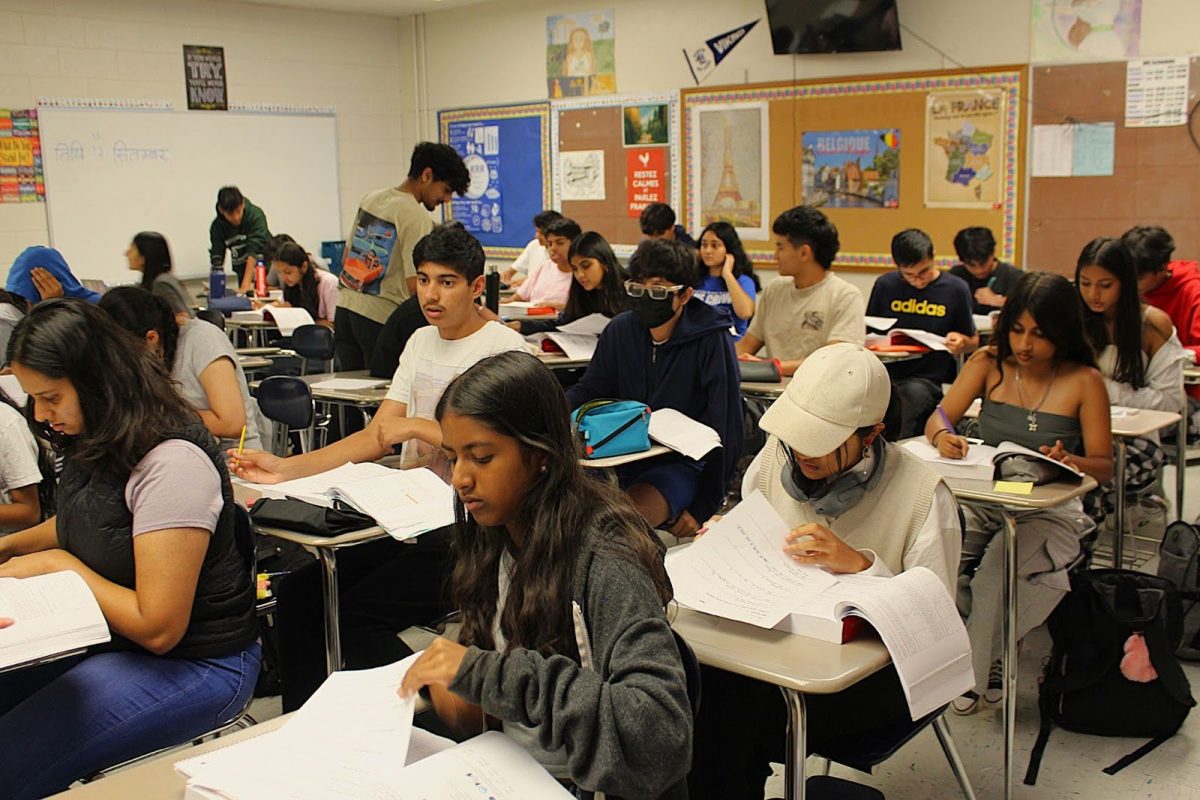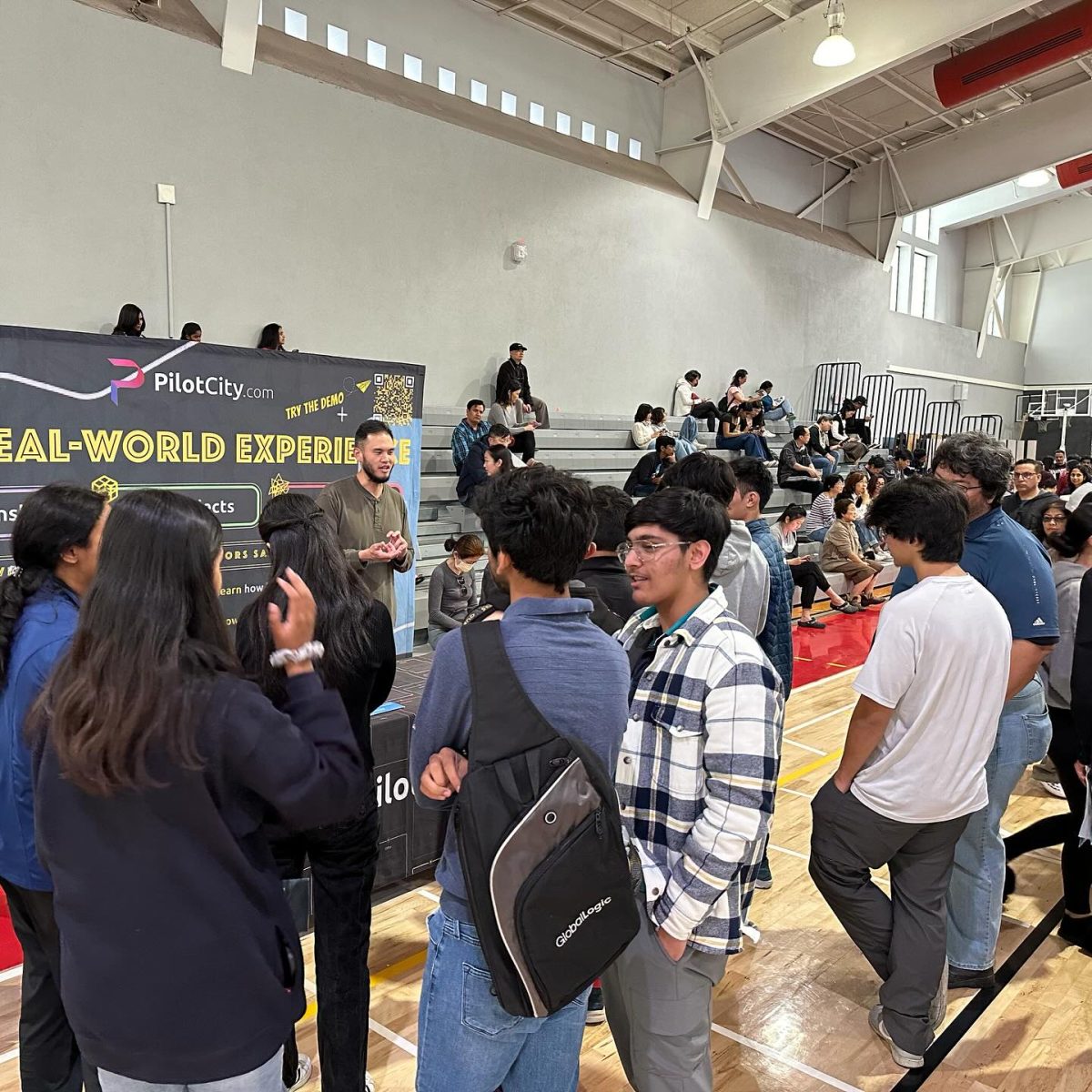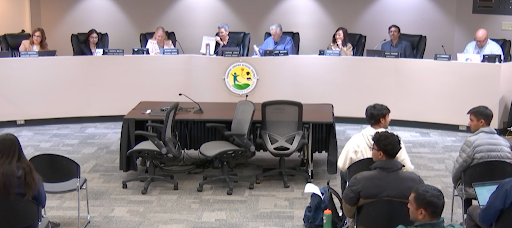Irvington’s AP Environmental Science classes participate in Hunger Banquet
By Rohit Dilip
Any AP Environmental Science students expecting a lecture during class on February 5th and 6th were in for a surprise. Instead, students in Ms. Anand’s 5th and 6th periods participated in a Hunger Banquet designed to teach the difficulties of hunger in the United States and beyond.
Ms. Anand, the AP Environmental Science teacher, gave the students no warning about the events of the day, and only requested that students fast until class started. On the day of the event, students were assigned to different groups, with the majority going to the “Developing Nations (Level 1),” a smaller group to the “Developing Nations (Level 2),’ and a small minority of three students to the “Developed Nations.” Each group was given food to eat as the class watched a documentary about hunger.
Those in the Developed Nations, however, were given plenty of food and allowed to eat as much as they wanted, while those in the Developing Nations (Level 2) were only allowed to take one helping of the food. The Developing Nations (Level 1) group, which was the largest, shared only one bowl of rice and one pitcher of water.
“We began our chapter on food insecurity and agriculture in APES” said Ms. Anand. “The purpose was to bring closer to home the idea of food insecurity, because we always see hunger and famine as such a far thing from ourselves. We’re always probably imagining children starving somewhere else.”
The banquet itself had similar impacts on students, regardless of what group they were in. “Even though I was eating a lot, I felt slightly guilty because other people weren’t getting enough,” said Senior Vincent Pan, who was a member of the Developed Nations group. “I didn’t even finish all my food, and I was already full, but other people just weren’t getting enough to eat.”
Senior Raj Fadadu agreed, saying, “I definitely learned a lot more about hunger, especially in the US. I didn’t know it was such a prevalent issue.” As a member of the Developed Nations (Level 2) group, Raj was allowed to have one serving of food during the banquet. “I found it quite ironic when we learned about legislation created to help child nutrition that worked by taking money out of food stamp programs.”
“We tend to look upon people who rely on food stamps as being given handouts, that they don’t necessarily deserve it,” said Ms. Anand. “[The students] really get that food stamps aren’t this freebie handout. I want the students to understand the politics and the social concerns associated with hunger in America.”
The Hunger Banquet itself is an event designed to teach the difficulties involved with hunger on a more personal level. Numerous groups host Hunger Banquets throughout the United States, with the Shepherds of Good Hope and Oxfam America among the more famous. Oxfam America describes the Hunger Banquet as designed to be unfair, because “life isn’t fair…. At a Hunger Banquet, the place where you sit and the meal that you eat are determined by the luck of the draw—just as in real life some of us are born into relative prosperity and others into poverty.”




